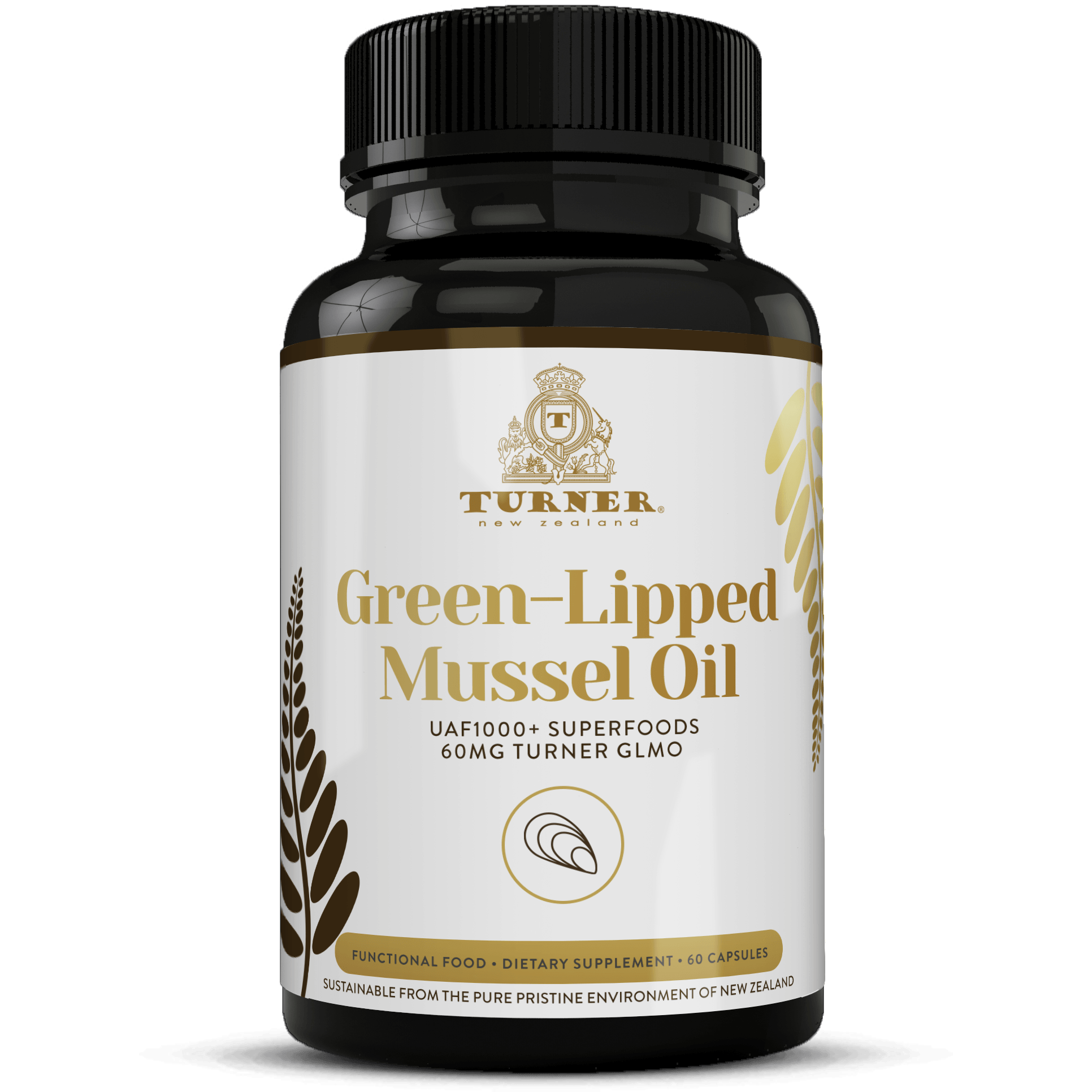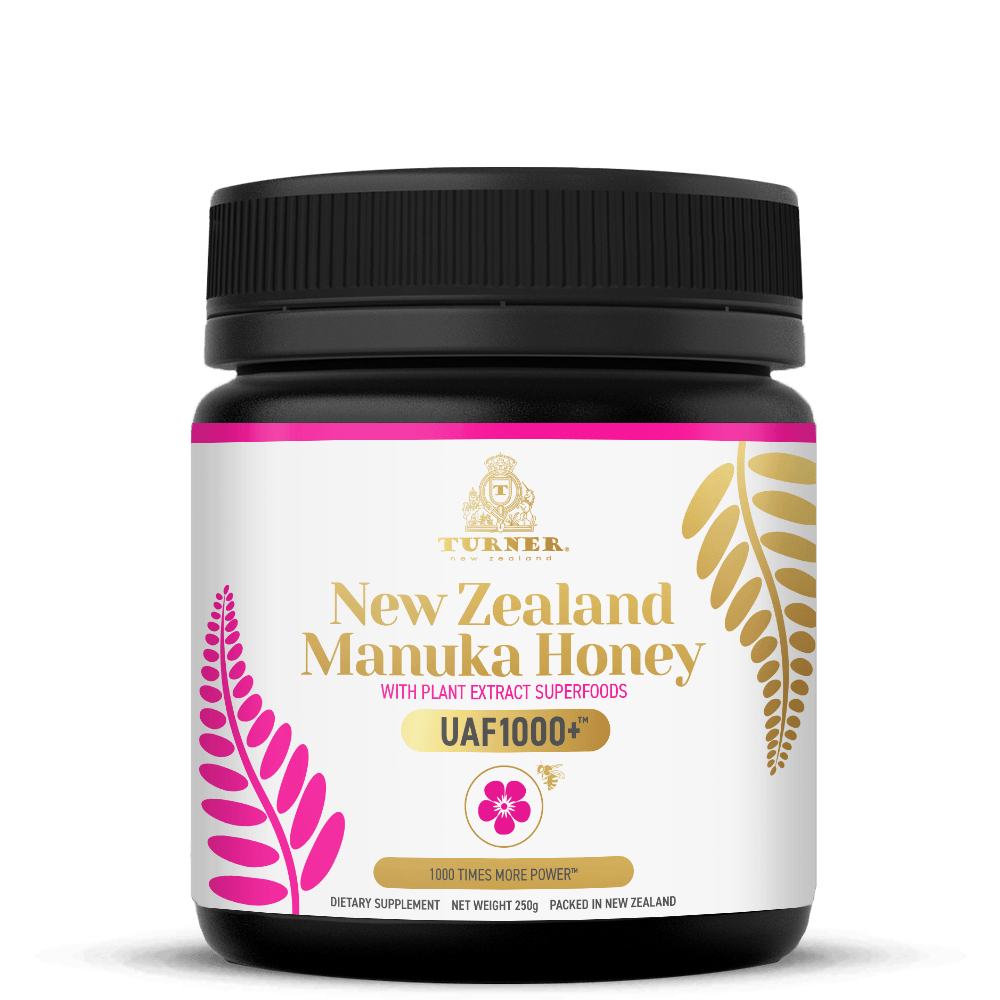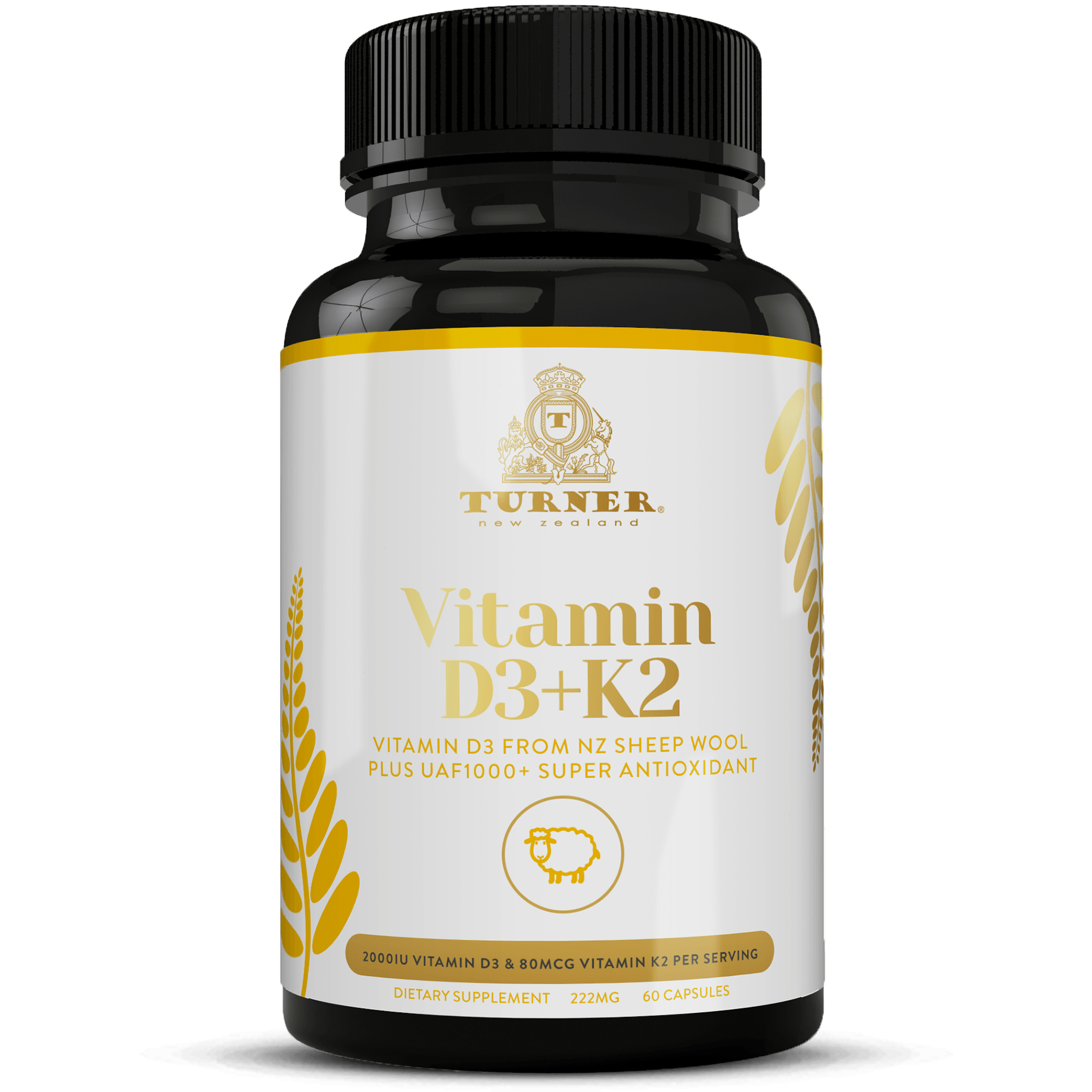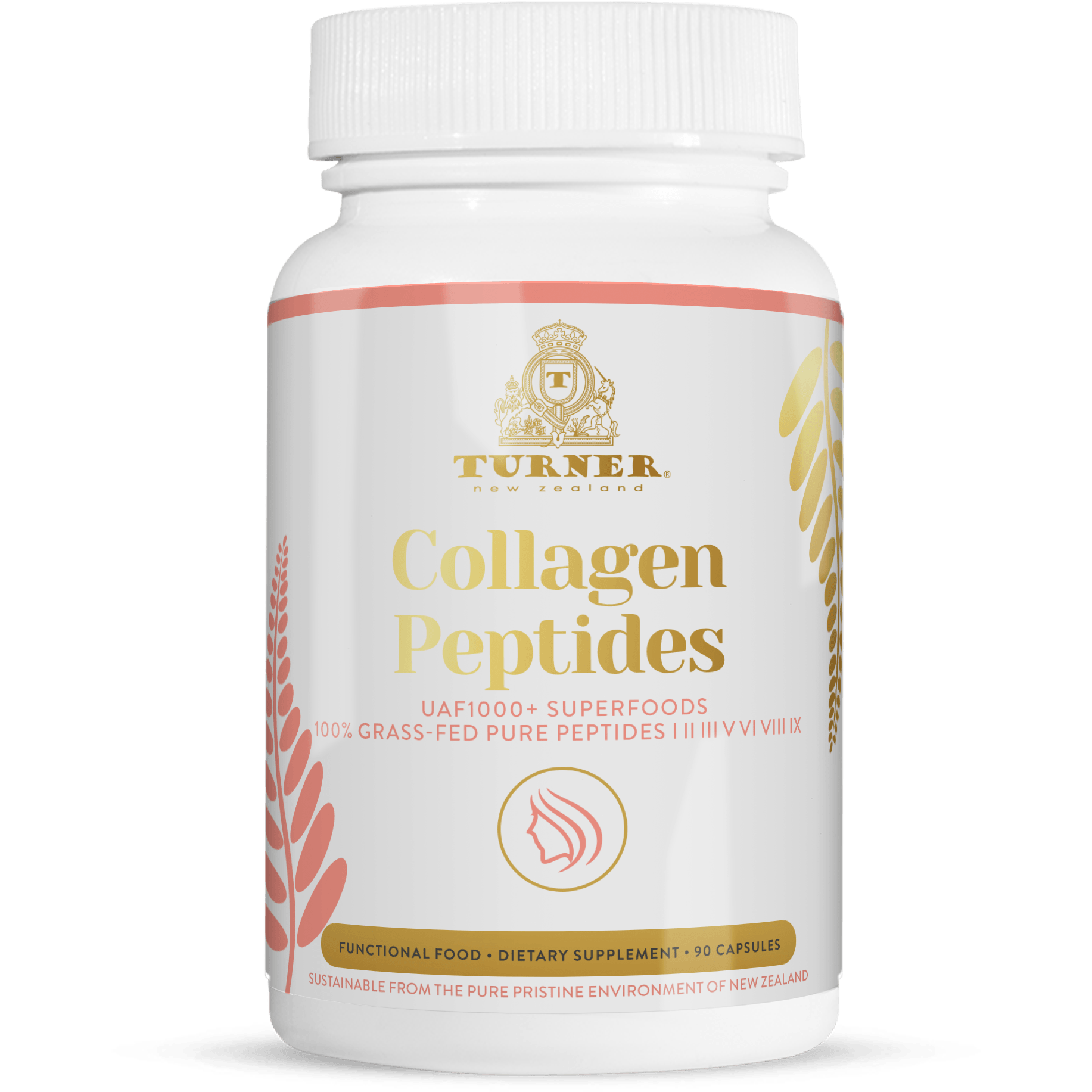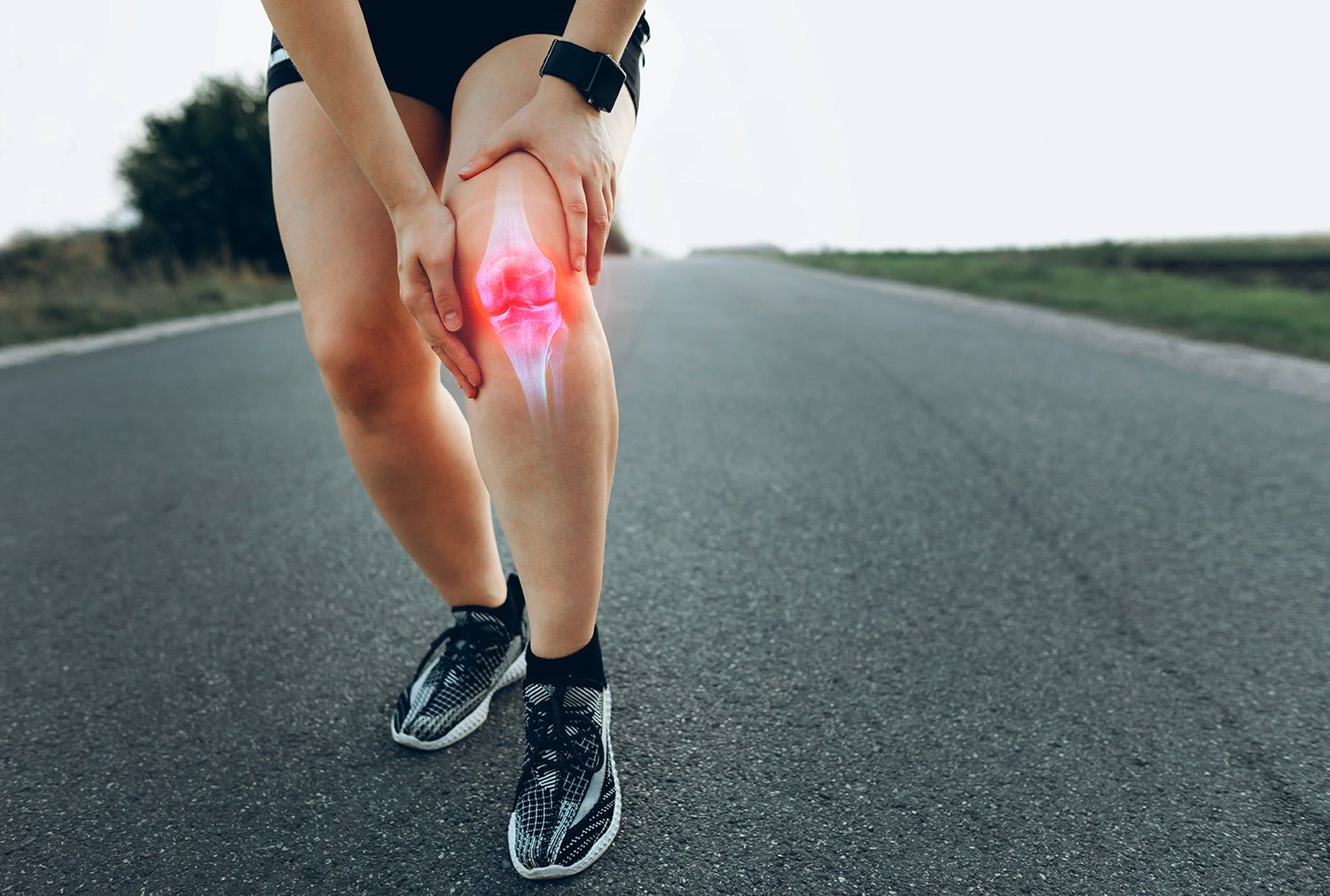
Bones are responsible for providing structure, protecting your organs, and anchoring your muscles. Bones constantly change. This means that they break down and get repaired very often. However, this process is faster in children and adolescents compared to adults. That is why it is essential to keep them healthy and strong.
On average, at the age of 30, you reach your peak bone mass. After that, you still have changes in your bones but at a slower rate and with the possibility of losing some mass. Keeping your bones healthy is vital to prevent any fractures or injuries in the long run.
In this article, we will talk about the everyday things that affect bone health, the leading bone health issues, and how to prevent them.
What Affects Bone Health?
Several things can affect your bone health. While some factors can be modified (like environmental), others (like genetics) cannot be entirely changed. Here are some of the most common things that can affect your bone health.
- Physical activity. People that often exercise have a reduced risk of developing bone issues to bone strengthening.
- Calcium intake. A low calcium intake can reduce bone density, increasing your chances of bone conditions.
- Gender. Women are at higher risk of developing bone issues, especially when they go into menopause (due to a drop in estrogen levels).
- You start losing bone mass (especially when you reach 30).
- Hormone levels. Thyroid problems, like having too much thyroid hormone, could lead to a decrease in bone mass.
Leading Bone Health Issues

Osteoporosis
Osteoporosis is often referred to as the “silent disease.” This is because, in most cases, you don’t know your bones have weakened until you have a fracture. When you have osteoporosis, your bones become so brittle that the slightest movement (like picking something up from the floor) could cause a fracture.
Bone needs to be broken down and replaced to be kept healthy. Osteoporosis happens when the bone is broken down, but the new bone doesn’t keep up with the breakage. This means that you are left with large holes in your bones.
Osteopenia
Osteopenia is when you lose bone density. It is the stage previous for you to develop osteoporosis. Now, this doesn’t mean that everyone that has osteopenia develops osteoporosis. If you stop it in time, you can manage this condition.
Poor nutrition, certain medications, smoking, alcohol use, and leading a sedentary lifestyle are factors that could lead to osteopenia.
Osteoarthritis
Osteoarthritis affects several millions of people around the world. It is one of the most common bone issues. It happens when the cartilage that protects and cushions the ends of the bones wears down. It mainly affects your joints like hands, knees, spine, and hips.
The most common symptoms are pain, stiffness, loss of flexibility, swelling, tenderness, and grating sensations. The good thing is that most of the symptoms can be managed, allowing the person to have a better life quality.
Rheumatoid Arthritis
Rheumatoid Arthritis is an autoimmune disease that causes inflammation in your body. Your immune system attacks healthy cells in your body, producing inflammation, which leads to swelling and pain. The main symptoms are often seen in joints like hands, wrists, and knees in most cases.
The most common symptoms are pain, stiffness, swelling, tenderness, fatigue, weight loss, fever, and weakness.
Nutrition Tips to Prevent Bone Health Issues

Having good nutrition that involves whole grains, fruits, vegetables, nuts, and seeds is vital for having good bone health.
Also, remember that exercise also plays an essential role in strengthening your bones. Make sure to do at least 150 minutes of low to moderate physical activity during the week. A combination of cardio and strength training is encouraged.
Calcium
Calcium plays an essential role when it comes to bone health. The daily recommended value depends on age and gender, but on average, you should consume around 1,200 mg of calcium per day to avoid any bone conditions.
You can obtain most of the calcium from your foods. Include milk, yogurt, cheese, and other dairy products. If you are not too keen on incorporating dairy into your diet, you can always havekale, broccoli, leafy green, sardines, salmon, tofu, and fortified foods.
If you don’t include dairy options, you might want to consider having a calcium supplement to make sure you reach the daily calcium intake.
Vitamin D
Vitamin D plays a vital role in calcium absorption. Also, a low vitamin D intake has been linked to soft bones. While some foods like milk, eggs, sardines, and salmon have some vitamin D.,sunlight is the best source.
Your skin can naturally produce vitamin D when it gets sunlight. Thus, if you want to increase your vitamin D content, make sure to take 10-15 minutes of sunlight daily. It might be best to have a vitamin D supplement for those who cannot take sunlight due to work or weather conditions.
Protein and Collagen
Studies have shown that vitamin D works better when it has a good amount of protein during the day. Thus including foods like chicken, fish, eggs, and Greek yogurt is vital for good bone health.
Additionally, studies have shown that having a daily collagen intake can increase bone formation. Making it stronger and healthier. Thus, taking a supplement with premium collagen peptides from grass-fed and nature-fed beef is one of the best ways to increase your joint and bone strength.
Omega-3
Finally, omega-3 fatty acids have been shown to have anti-inflammatory properties. Reducing inflammation can lead to a reduction in joint pain and increase mobility. You can get omega-3 from fatty fish (tuna, salmon, and sardines), nuts, and seeds.
You can also supplement with omega-3 fatty acids that come from mussels, making it the highest in quality of omega-3.
Bone Health Combo Pack
For those of you that want to best protection against bone health issues, we have created the best bone health combo pack, which includes omega-3 (to reduce inflammation), collagen peptides (to support joints and improve mobility), and vitamin D3+K2 (which improves cartilage health).


